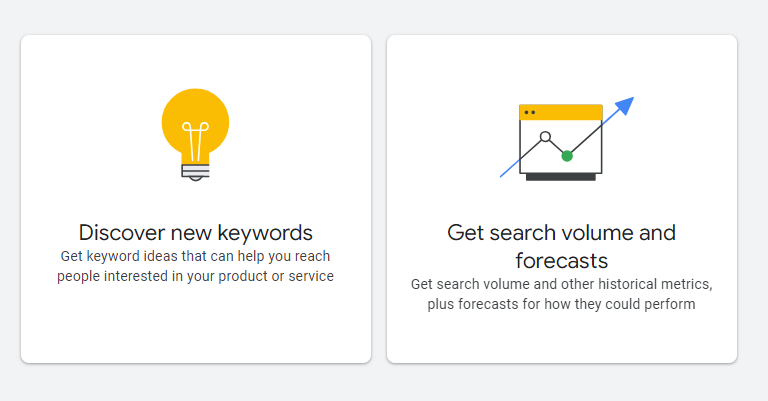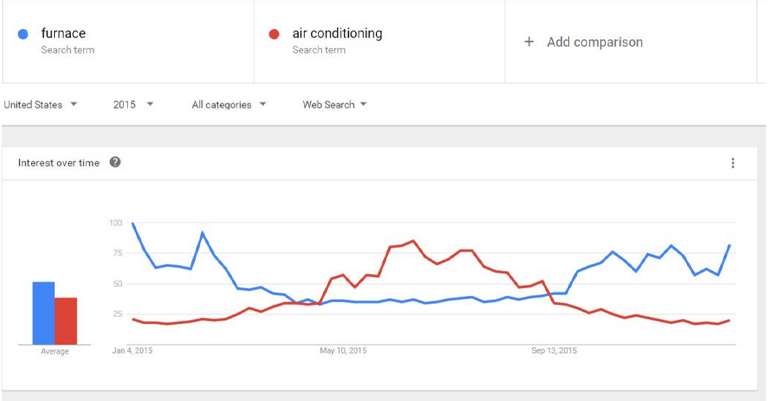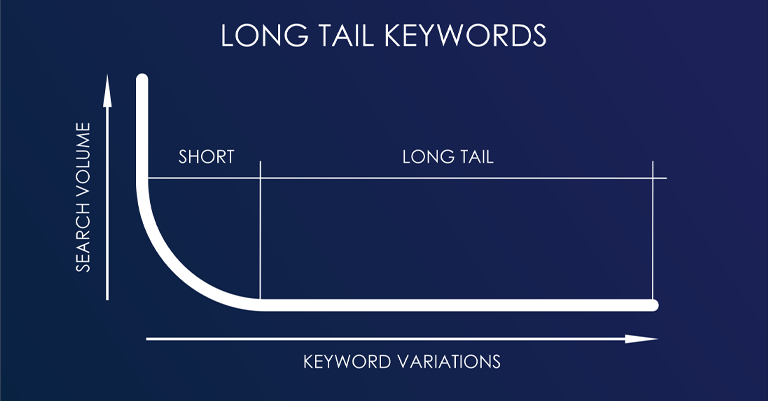Keyword research is the foundation of any successful SEO strategy. But to truly strike gold, you need to go beyond the basics. Advanced keyword research allows you to identify opportunities your competitors might miss. This guide covers everything you need to know to find high-value keywords and boost your rankings.
What is Advanced Keyword Research?

Advanced keyword research is more than just picking popular keywords. It’s about understanding user intent and identifying keywords that offer the best chances of driving targeted traffic. While basic keyword research often looks at high search volume, advanced research digs deeper. It looks at keyword difficulty, user behavior, and competition analysis. This approach helps you discover hidden gems that can improve your SEO performance.
A significant part of advanced research involves finding long-tail keywords. These are longer, more specific phrases that users search for when they are closer to deciding. Although they have lower search volume, they often have less competition. This makes them perfect for niche markets and highly targeted content. You also need to consider the evolving trends in your industry. Tools like Google Trends can help you spot emerging keywords, ensuring your strategy stays ahead of the curve.
Another important factor is understanding search intent. People search for different reasons—some for information, others to make a purchase. Tailoring your content to match their intent helps increase your chances of converting visitors into customers. With advanced keyword research, you’re not just aiming to drive traffic. You’re aiming to attract the right traffic that leads to real results.
Tools for Advanced Keyword Research
To maximize your keyword research, you need the right tools. Several SEO tools provide data to help you discover new keywords, analyze competitors, and optimize your content. The key is to use these tools effectively, focusing on metrics that matter most to your goals.
Google Keyword Planner

Google Keyword Planner is one of the most popular tools for keyword research. While it’s often used for pay-per-click advertising, it’s also a powerful resource for SEO. You can discover keyword ideas and see search volume trends by inputting seed keywords. This tool allows you to explore how certain keywords perform over time and what level of competition they face.
However, to take full advantage of Google Keyword Planner, you should go beyond just looking at search volumes. Focus on the keywords that show steady performance rather than seasonal spikes. Look for terms that align with your content and target audience. Google Keyword Planner also shows suggested bid prices for keywords. This metric gives insight into which keywords are commercially valuable and worth targeting.
Ahrefs and SEMrush
Ahrefs and SEMrush are two of the most comprehensive SEO tools available. They offer detailed insights into keyword difficulty, competitor analysis, and backlink data. These tools are particularly useful for advanced keyword research because they allow you to see what’s working for your competitors.
With Ahrefs, you can look at your competitors’ top pages and see which keywords drive the most traffic. You can also analyze the backlinks of those pages to understand why they rank so well. SEMrush provides similar features, with additional tools for tracking keyword rankings over time. Using these tools, you can identify content gaps, find low-competition keywords, and refine your strategy.
How to Identify High-Value Keywords
High-value keywords attract traffic and drive conversions. Finding them requires analyzing several factors, such as search volume and keyword difficulty. This section covers how to spot the best opportunities in your niche.
Analyzing Search Volume

Search volume indicates how often a keyword is searched for within a specific time frame. While high search volume might seem attractive, it’s not always the best choice. High-volume keywords often have stiff competition, making it harder to rank. Instead, look for medium-volume keywords with consistent search interest. These can provide steady traffic without the intense competition of top-tier keywords.
Focus on keywords that align with your business goals. For example, if your goal is generating leads, you’ll want to target keywords with strong intent. Tools like Ahrefs or Google Keyword Planner provide search volume data, allowing you to spot trends and shifts in search behavior. This way, you can adapt your strategy over time.
Considering Keyword Difficulty
Keyword difficulty refers to how challenging it is to rank for a specific keyword. Tools like Moz and Ahrefs offer a keyword difficulty score that shows how competitive a term is. Ideally, you want to target keywords with moderate difficulty and reasonable search volume. Bigger competitors often overlook these keywords but can still deliver valuable traffic.
Understanding your domain’s authority also plays a role in choosing the right keywords. If your website is relatively new, you can start by targeting low-difficulty keywords. As your site gains authority, you can gradually target more competitive terms. Balancing keyword difficulty with search volume creates a strategy that delivers sustainable, long-term results.
Leveraging Long-Tail Keywords for Success
Long-tail keywords are often the hidden treasures of SEO. These specific, less-searched-for phrases tend to have lower competition, making them easier to rank for. But their true power lies in their ability to attract highly targeted traffic.

Benefits of Long-Tail Keywords
One of the biggest benefits of long-tail keywords is their relevance to user intent. People searching for long-tail phrases are often further along in the decision-making process. They may seek a product, service, or detailed information that aligns with your offer. While the search volume is smaller, the traffic tends to be more valuable.
Another benefit is the lower competition. Since fewer businesses target these keywords, you have a better chance of ranking higher in search results. Long-tail keywords also tend to convert better. Visitors using specific phrases are likelier to engage with your content and act.
How to Find Long-Tail Keywords
There are several strategies to find long-tail keywords. Start by using tools like AnswerThePublic or Google’s autocomplete feature. These tools can provide insight into what questions or phrases people seek in your industry. Another option is to analyze your existing traffic data to see which long-tail phrases drive visitors to your site.
You can also explore forums, social media, or niche communities to see what language your target audience uses. This research helps you discover new keyword opportunities that might not appear in traditional tools. By focusing on long-tail keywords, you create content that answers specific queries and drives high-quality traffic to your site.
Tracking and Refining Your Keyword Strategy
Keyword research isn’t a one-time task. To stay competitive, you need to track the performance of your keywords and refine your strategy over time. This section covers how to keep your keyword strategy flexible and effective. Tracking your keywords helps you see what’s working and what’s not. It allows you to adjust your content and targeting to improve rankings and drive more traffic.
Tools like Google Search Console provide insights into which keywords bring traffic to your site. You can also use analytics tools to track conversions and other metrics. Regularly reviewing your keyword performance ensures that your SEO strategy stays aligned with your business goals.
Closing Thoughts
Mastering advanced keyword research is essential for uncovering hidden opportunities in SEO. You can boost your rankings and drive targeted traffic by using the right tools, focusing on high-value keywords, and leveraging long-tail phrases. This strategy helps you stay ahead of the competition while continuously refining your approach based on performance data. Remember, keyword research is not a one-time task but an ongoing process. Regular updates ensure your content remains relevant, your rankings improve, and your overall SEO efforts deliver long-term success.




